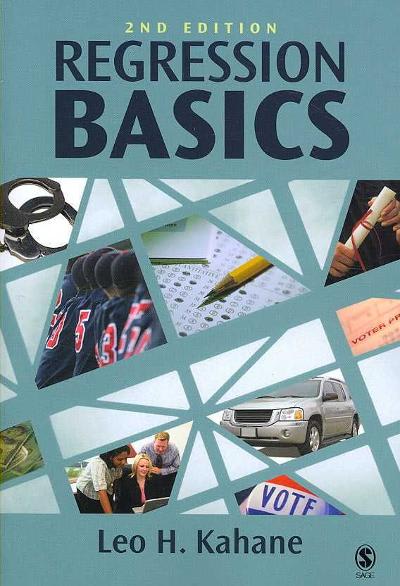Question
Shige Oishi (2010) proposed a residential mobility theory stating that when people move often, they start to value different kinds of friendships, as compared to
Shige Oishi (2010) proposed a "residential mobility theory" stating that when people move often, they start to value different kinds of friendships, as compared to people who have not moved very often. For example, people who move often prefer people who are extroverted and easy to get to know. In contrast, people who do not move often much prefer people who are loyal and who keep up their long-standing friendships.
Amanda decided to run a new study to test residential mobility theory in her research methods class. First she asked people how often they had moved in their life and categorized them into two groups: people who had moved more than four times and people who had not moved more than four times. After her experiment, Amanda asked each group whether they would prefer to work in a study group of strangers or of close friends. She had predicted that people who had moved a lot would prefer the study group of strangers. However, Amanda's results revealed no difference.
1. What is a possible replication study that Amanda could do to retest her hypothesis?
Step by Step Solution
There are 3 Steps involved in it
Step: 1

Get Instant Access to Expert-Tailored Solutions
See step-by-step solutions with expert insights and AI powered tools for academic success
Step: 2

Step: 3

Ace Your Homework with AI
Get the answers you need in no time with our AI-driven, step-by-step assistance
Get Started


